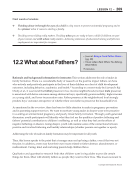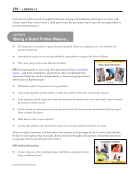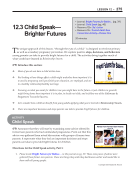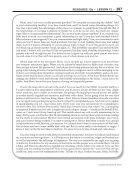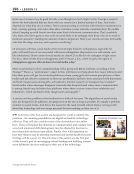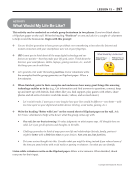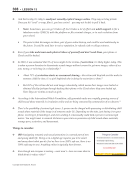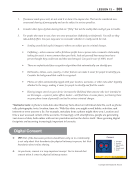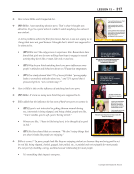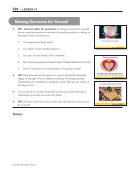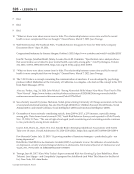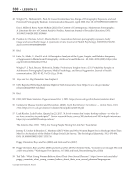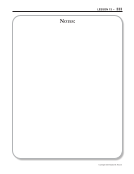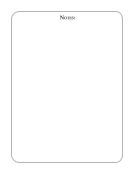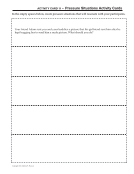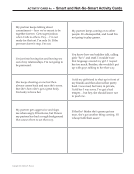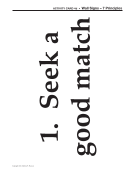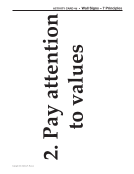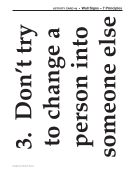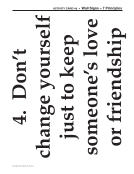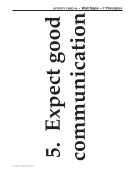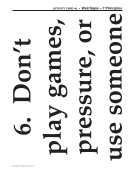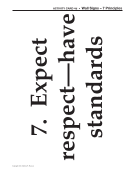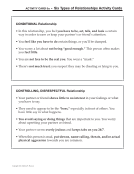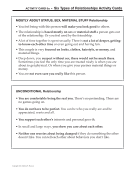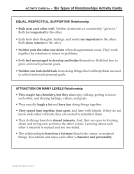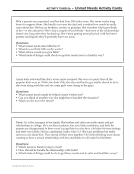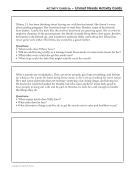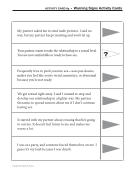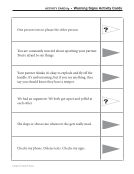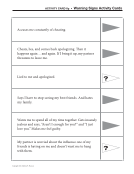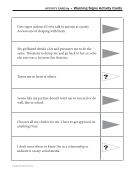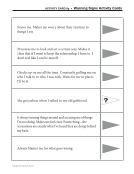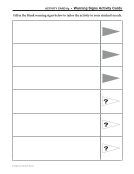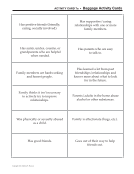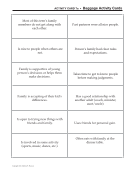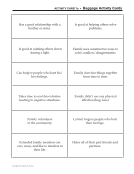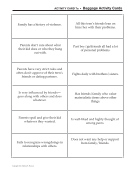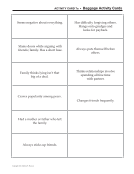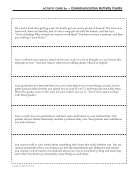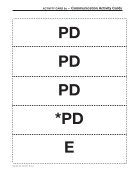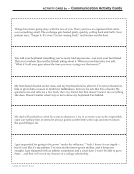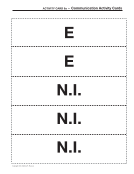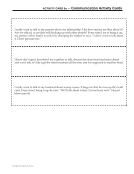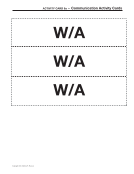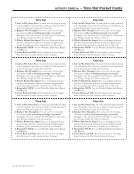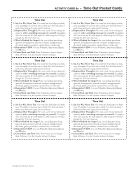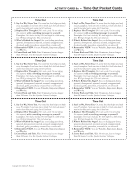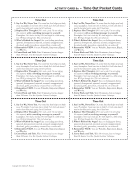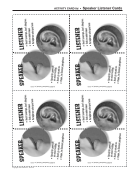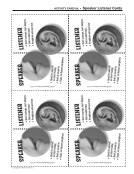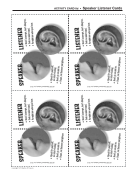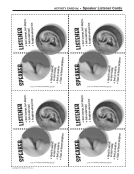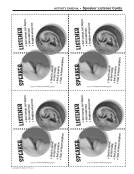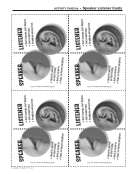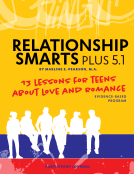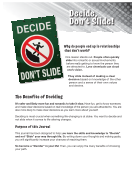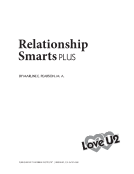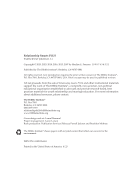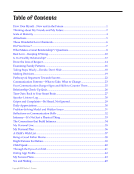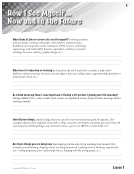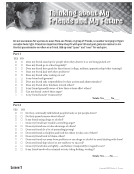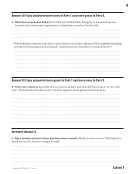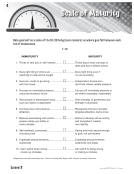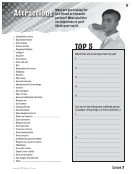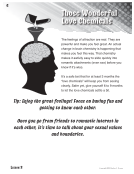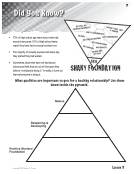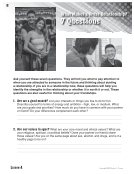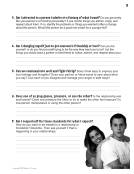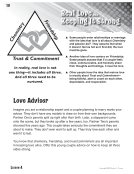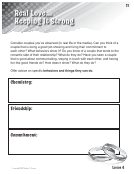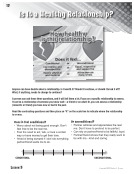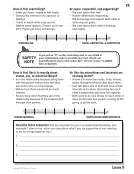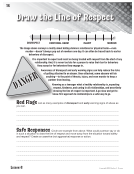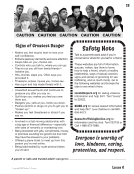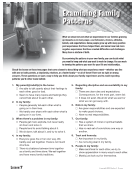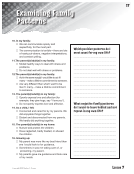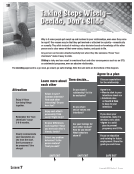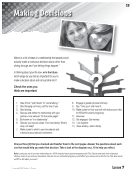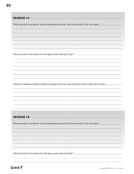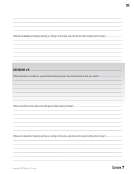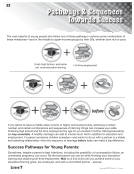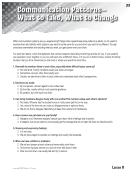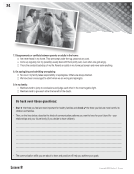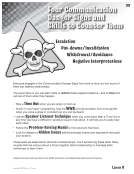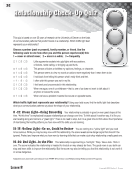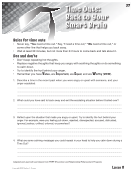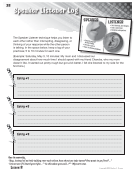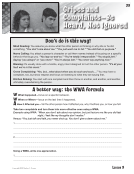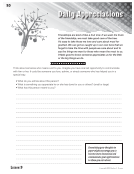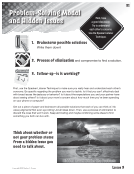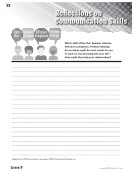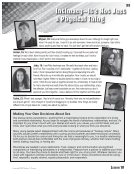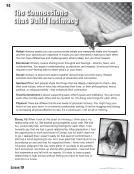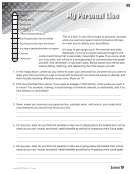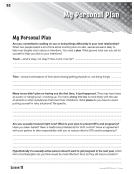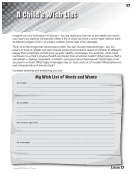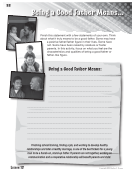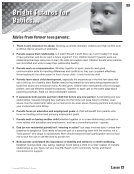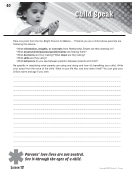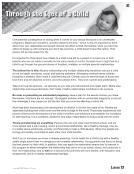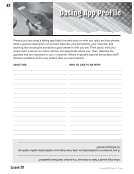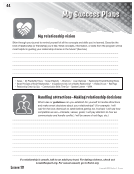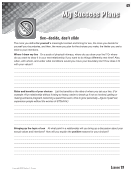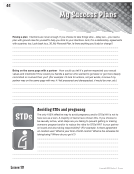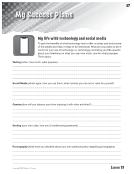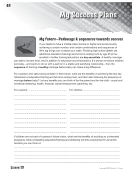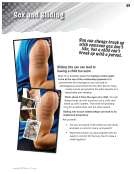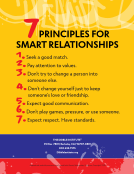Copyright 2025 Marline E. Pearson
118 • LESSON 6
Worried about a Friend?
Signs of a disrespectful or abusive relationship:
• Goes through partner’s phone to check texts, social media.
• Keeps tabs 24/7. Texts constantly.
• Is belittled or made to feel stupid by partner.
• Slapped, pushed, or shoved by partner.
• Chooses partner’s clothes.
• Is told who to associate with or what they can do.
• Is forced to do things against their wishes—including sex.
• Won’t accept breaking up. Threatens to harm themself.
• Seems afraid of partner.
• Partner seems overly suspicious and jealous.
• Friend seems overly worried about upsetting partner.
• Friend starts to make excuses as to why they can’t go out.
What can I say to my friend?
• You deserve better.
• It is not okay to treat someone this way—whether it’s an insult, a slap, or hitting.
• Healthy relationships don’t include that kind of behavior.
• I am afraid for your safety. I am here for you.
• By accepting the behavior, it can be interpreted as a green light to continue.
• If the aggressor is your friend, say clearly that it’s not okay.
• If your friend has a child, tell them this can hurt the child.
What can I do?
• Focus on your friend’s strengths. Give encouragement that they are a person worthy of better
treatment. Relationships don’t have to be this way.
• Encourage your friend to end the relationship.
• Tell your friend who is the aggressor that there is help out there. They can be better.
• Encourage talking to an adult. Offer helpful websites below.
• Text, call a hotline for more advice on how to help your friend.
• Call the police if someone’s safety is in danger.
Go to: LoveIsRespect.org. Text “loveis” to 22522. 24/7 helpline 1-866-331-9474
Parent or Trusted Adult: Discuss these points together.
Signature: ____________________________________________________________
• RESOURCE 6d
118 • LESSON 6
Worried about a Friend?
Signs of a disrespectful or abusive relationship:
• Goes through partner’s phone to check texts, social media.
• Keeps tabs 24/7. Texts constantly.
• Is belittled or made to feel stupid by partner.
• Slapped, pushed, or shoved by partner.
• Chooses partner’s clothes.
• Is told who to associate with or what they can do.
• Is forced to do things against their wishes—including sex.
• Won’t accept breaking up. Threatens to harm themself.
• Seems afraid of partner.
• Partner seems overly suspicious and jealous.
• Friend seems overly worried about upsetting partner.
• Friend starts to make excuses as to why they can’t go out.
What can I say to my friend?
• You deserve better.
• It is not okay to treat someone this way—whether it’s an insult, a slap, or hitting.
• Healthy relationships don’t include that kind of behavior.
• I am afraid for your safety. I am here for you.
• By accepting the behavior, it can be interpreted as a green light to continue.
• If the aggressor is your friend, say clearly that it’s not okay.
• If your friend has a child, tell them this can hurt the child.
What can I do?
• Focus on your friend’s strengths. Give encouragement that they are a person worthy of better
treatment. Relationships don’t have to be this way.
• Encourage your friend to end the relationship.
• Tell your friend who is the aggressor that there is help out there. They can be better.
• Encourage talking to an adult. Offer helpful websites below.
• Text, call a hotline for more advice on how to help your friend.
• Call the police if someone’s safety is in danger.
Go to: LoveIsRespect.org. Text “loveis” to 22522. 24/7 helpline 1-866-331-9474
Parent or Trusted Adult: Discuss these points together.
Signature: ____________________________________________________________
• RESOURCE 6d


























































































































































































































































































